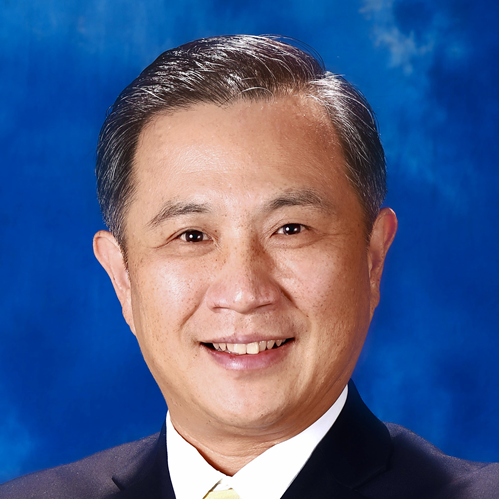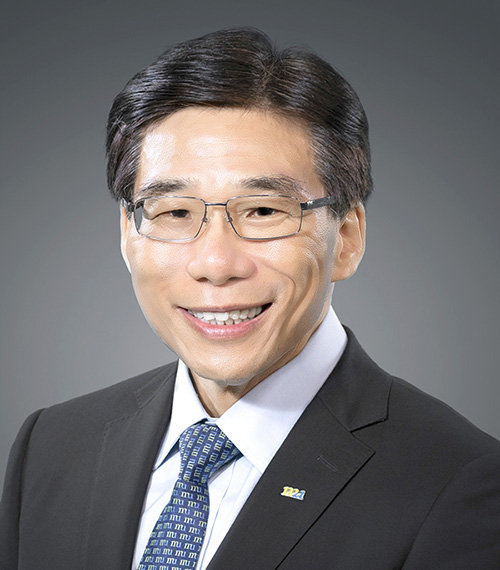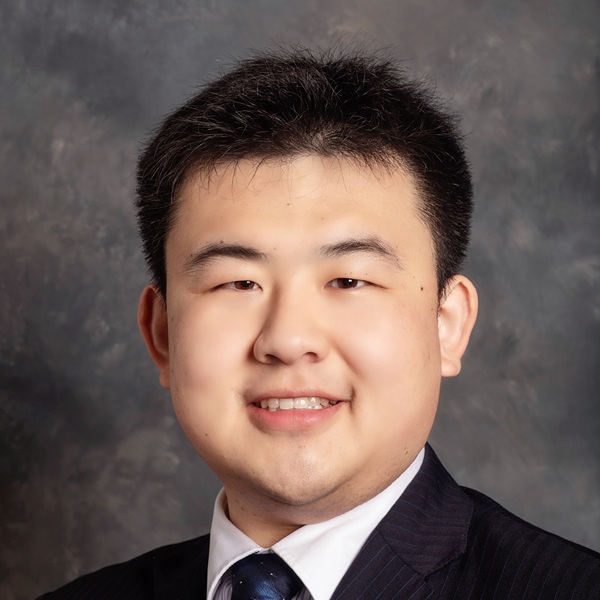
Prof. Irwin King, Fellow of ACM, Fellow of IEEE, Fellow of INNS, Fellow of AAIA, Fellow of HKIE
The Chinese University of Hong Kong, Hong Kong, China
Professor Irwin King, a distinguished professor at the Department of Computer Science & Engineering, The Chinese University of Hong Kong. His research interests span machine learning, social computing, artificial intelligence, and data mining. Professor King’s extensive research has been recognized through numerous publications and awards in top-tier venues. He holds prestigious fellowships in the IEEE, INNS, AAIA, and HKIE, and is an ACM Distinguished Member. He serves as the Director of the ELearning Innovation and Technology (ELITE) Centre and the Machine Intelligence and Social Computing (MISC) Lab. Professor King obtained his Bachelor of Science degree from California Institute of Technology (Caltech) and his Master’s and Doctorate degrees in Computer Science from the University of Southern California (USC).

Prof. Kam Cheong Li
Dean of the School of Open Learning at Hong Kong Metropolitan University (HKMU);
The
Director of HKMU’s Institute for Research in Open and Innovative Education.
Hong Kong Metropolitan University, Hong Kong
Prof. Kam Cheong Li is the Dean of the School of Open Learning at Hong Kong Metropolitan University (HKMU)
and the Director of HKMU’s Institute for Research in Open and Innovative Education. He leads the
university’s research in distance education and the development of big-data analytics.
In 2023, Prof. Li received two of the highest accolades in the field of distance education: the
International Council for Open and Distance Education "Prize of Excellence" and the Asian Association of
Open Universities (AAOU) "Meritorious Service Award." Each of these prestigious awards is conferred to only
one distinguished individual in a year.
Prof. Li served as Secretary-General of AAOU for three years and is currently an Executive Committee Member
and an International Accreditation Board Member of the association. He has also been a Visiting Professor at
Middlesex University in the United Kingdom for over a decade, advising the university’s Doctorate of
Professional Studies programme. Additionally, he has been appointed Visiting Professor at several
institutions in China, including Hebei Academy of Social Sciences and Hebei University of Economics and
Business.
A prolific researcher, Prof. Li is the Editor-in-Chief of the Asian Association of Open Universities Journal
and serves as an Editor for the "Innovation and Technology in Education" section of SN Computer Science.

